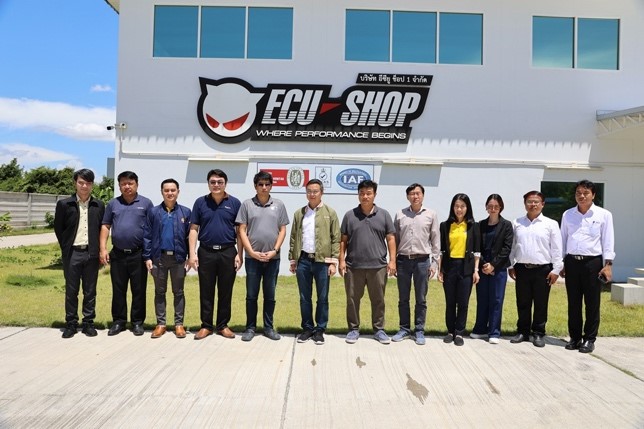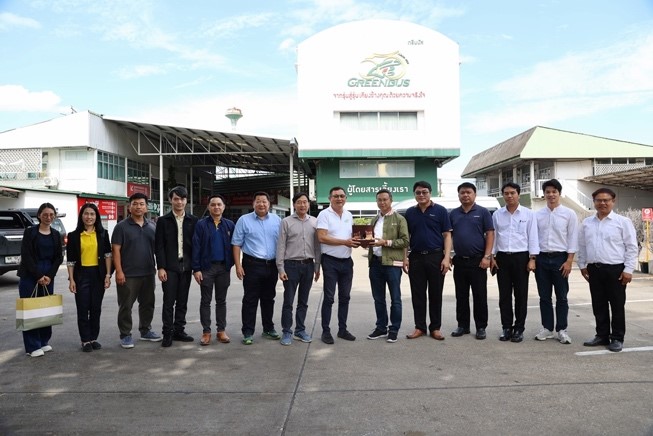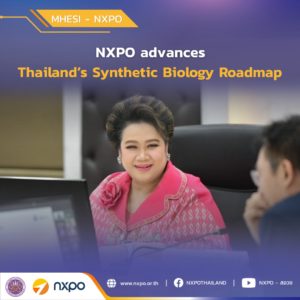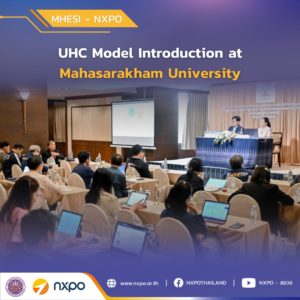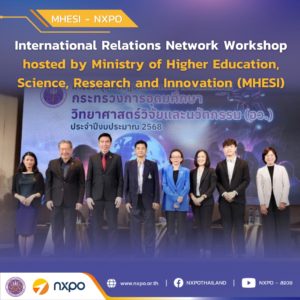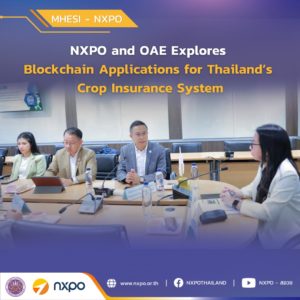MHESI-NXPO and Rajamangala University of Technology Lanna (RMUTL) are set to implement EV-HRD, a MHESI initiative to drive the workforce development for the electric vehicle industry. The planning meeting took place on 10-11 July 2024 at RMUTL in Chiang Mai University with attendees including Dr. Surachai Sathitkunarat, Senior Strategist and Acting Vice President of NXPO; Dr. Charnwit Udomsakdigool, Strategist 1 at NXPO; Dr. Sujin Poonboon, Policy Developer at NXPO; Assist. Prof. Dr. Nopporn Patcharaprakiti, Director of RMUTL Research and Development Institute; and representatives from RMUTL, Creative Industrial Material Research and Development Center, Lamphun Industry Agency, Bureau of TVET Personnel Competency Development, Suphanburi Technical College, and Chaiyaphum Technical College.
Dr. Surachai Sathitkunarat described the “MHESI for EV” policy as having three components: EV-HRD, EV-Transformation, and EV-Innovation and stated that NXPO has been tasked with spearheading the EV-HRD initiative. NXPO has set up collaboration with RMUTL which serves as the central coordinating body with eight other RMUT universities and external agencies such as the Ministry of Industry, the Ministry of Education, and the private sector. This effort supports the government’s vision of positioning Thailand as the EV hub of the Asia-Pacific region.
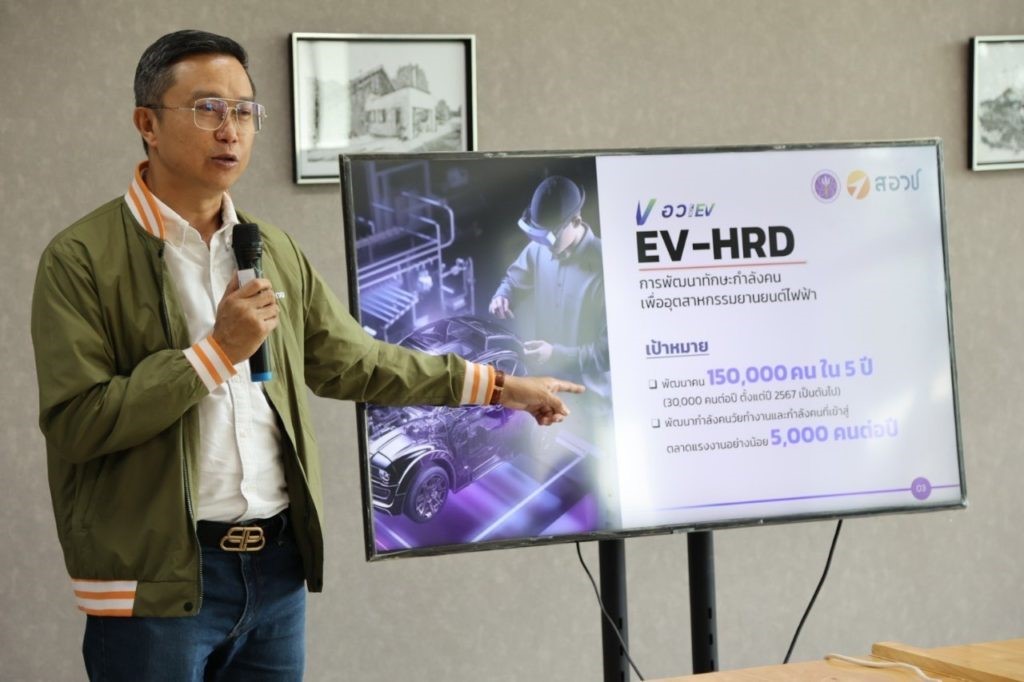
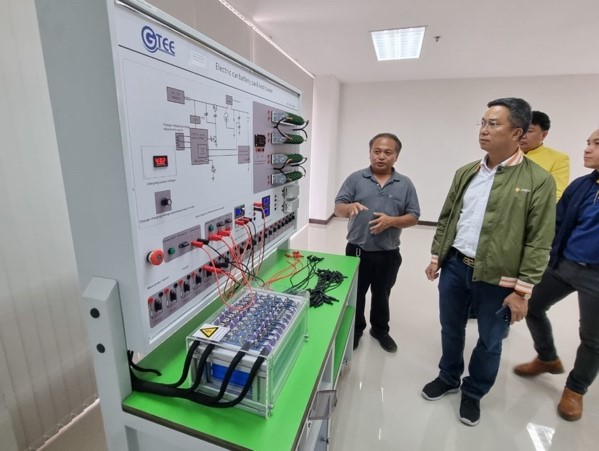
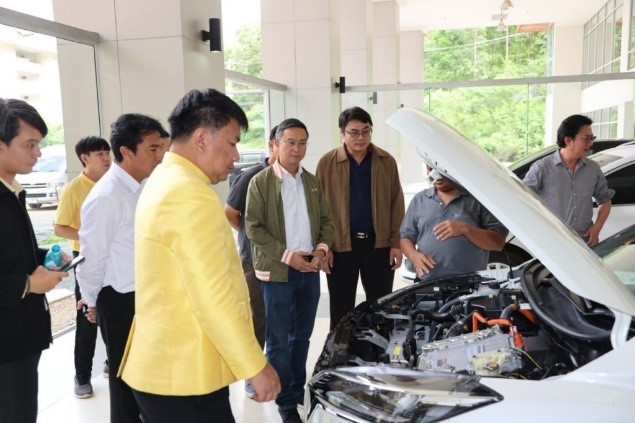
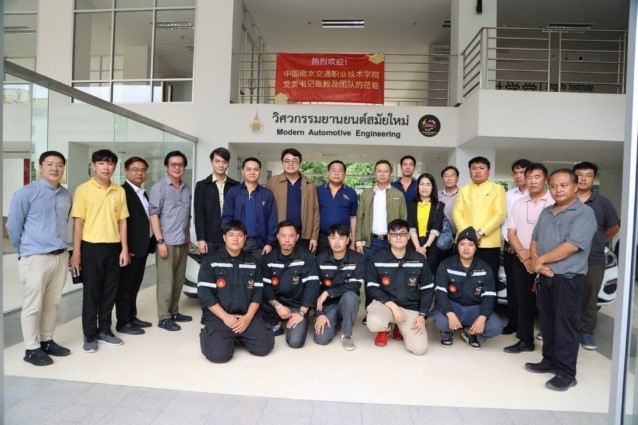
NXPO aims to facilitate and support the EV-HRD, including training 150,000 workers within five years through skill enhancement programs and developing 5,000 people per year for the current and future workforce through MHESI’s mechanisms.
The EV-HRD action plan follows four approaches: 1. Flexible and responsive programs that meet job position or employee demands, 2. Capacity building programs for manufacturers in the EV supply chain, 3. Educational programs operating under the higher education sandbox, and 4. Providing experts and research support to the industry and fostering international collaboration.
Assoc. Prof. Dr. Jutturit Thongpron, Advisor to the President of RMUTL, emphasized the RMUTL’s strength in energy research with a primary focus on renewable energy. Over the past dacade, research units and infrastructure have been established, focusing on EV, solar energy, and hydrogen energy. For EV, the university has conducted research on EVs and wireless charging technology. Additionally, RMUTL has research collaboration and a joint EV program with Chinese institutes. In the joint EV program, students study at RMUTL in the first year with Chinese and Thai instructors, spend the second and third years in China, receiving a diploma from a Chinese vocational institution, and return to RMUTL in the fourth year to complete their bachelor’s degree in engineering. RMUTL also sends EV course instructors to China for training. The sandbox courses to be implemented in nine RMUT universities and 444 vocational schools nationwide should meet the EV-HRD targets.
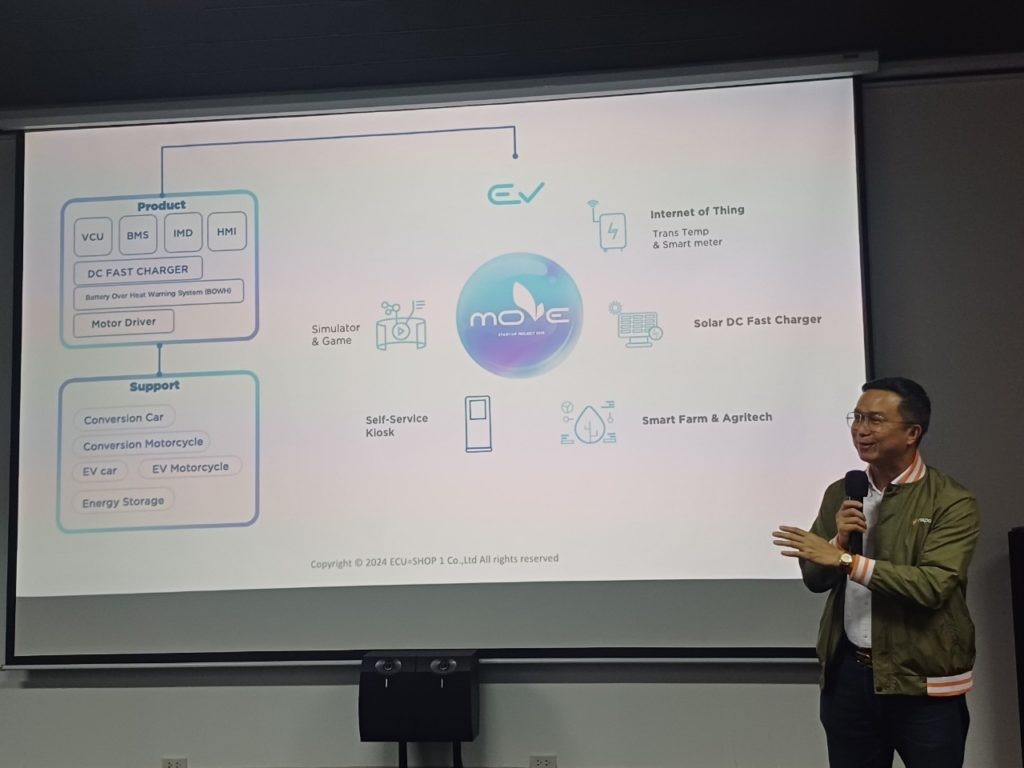
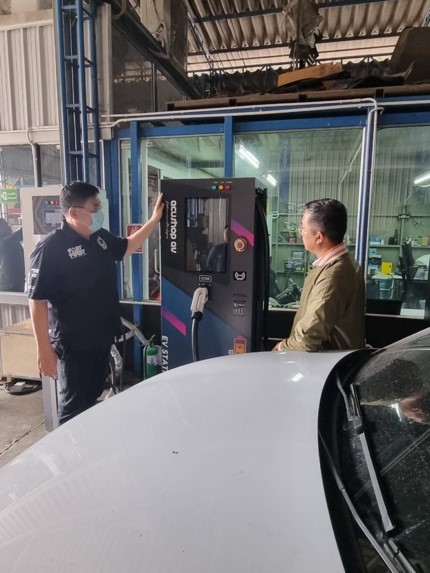
During the 2-day meeting , the team also held discussions with industrial partners, including ECU=SHOP – a developer of ECU equipment for vehicles, Green Bus – an EV bus service provider, and Nim See Seng Transport 1988, an EV truck freight service provider.
